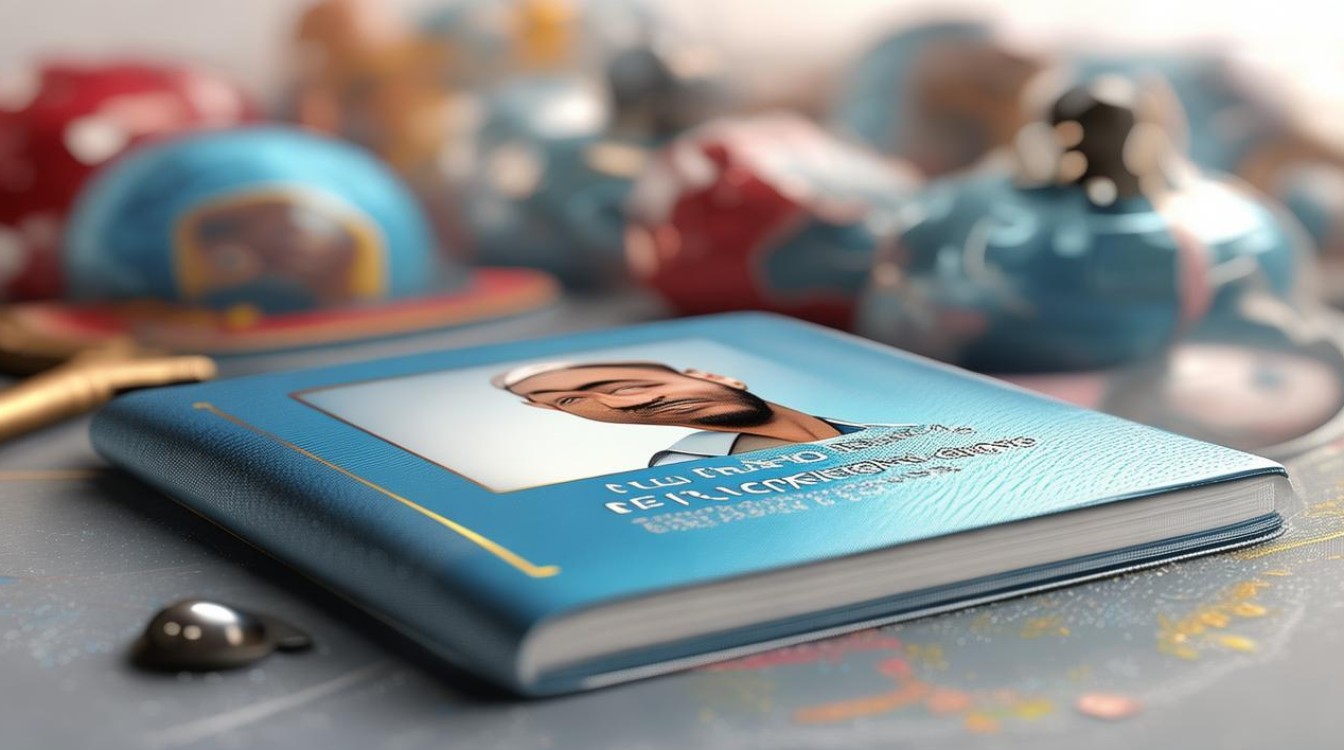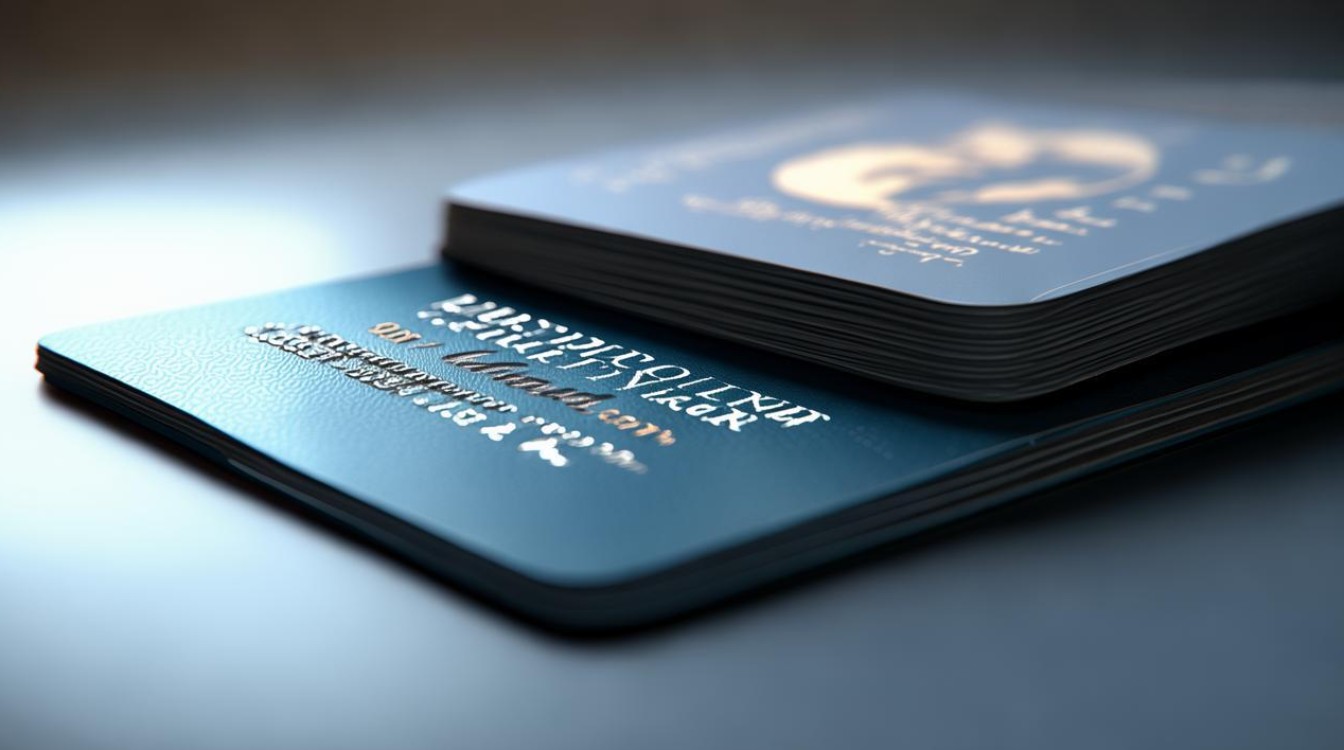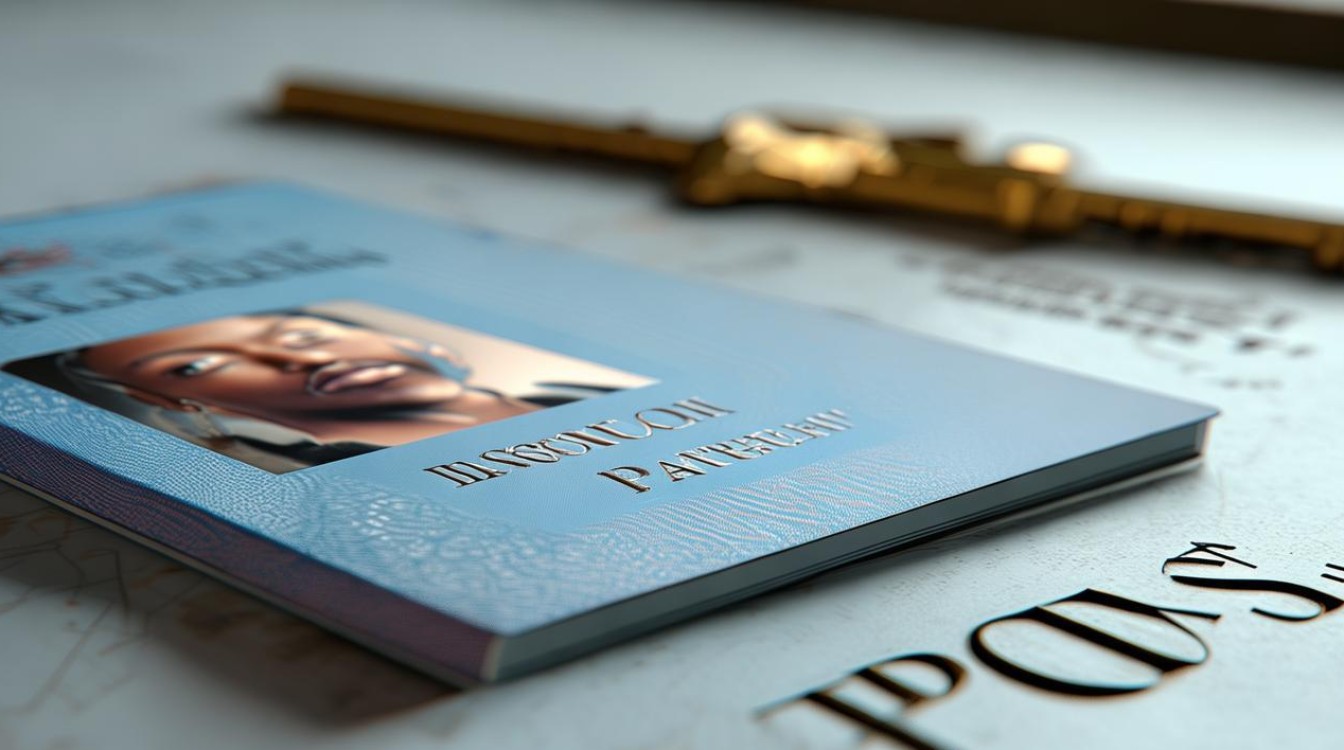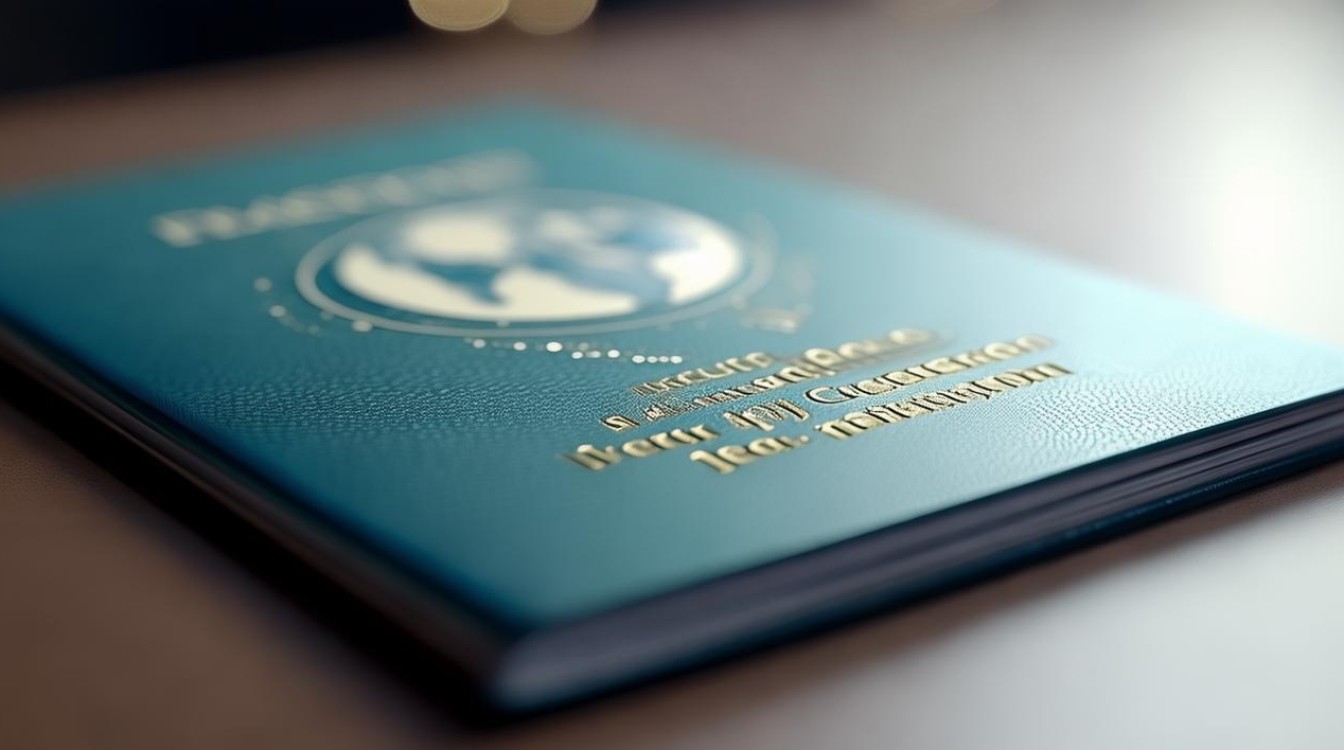In an era where globalization has made the world more interconnected than ever, the passport stands as one of the most essential documents for international travel. It serves not only as proof of identity and nationality but also as a gateway to exploring new cultures, building professional networks, and experiencing personal growth. Understanding its significance, application process, and proper usage can help travelers navigate international borders with confidence.

What Is a Passport?
A passport is an official government-issued document that verifies the holder’s identity and citizenship. It typically includes personal details such as name, date of birth, photograph, and signature, along with a unique passport number. Most passports also contain biometric data, enhancing security and reducing fraud. Without this document, crossing international borders legally becomes nearly impossible.
Why Is a Passport Necessary?
-
International Travel
The primary purpose of a passport is to facilitate travel between countries. Airlines, immigration officers, and border control authorities require it to verify a traveler’s eligibility to enter or exit a nation. Some destinations also mandate visas, which are often stamped or attached to passport pages. -
Legal Identification
In many countries, a passport is considered a universally accepted form of identification. It can be used for banking transactions, hotel check-ins, and other scenarios where official proof of identity is required. -
Emergency Situations
Should an unexpected crisis arise abroad—such as political unrest or a natural disaster—a passport allows consular officials to assist citizens efficiently. Many governments offer emergency passport services for travelers who lose their documents overseas. -
Professional and Educational Opportunities
Studying abroad, attending international conferences, or working in a foreign country often requires a valid passport. Employers and academic institutions may request it as part of the application process.
How to Apply for a Passport
The application process varies slightly by country, but the general steps include:

-
Gather Required Documents
Applicants typically need proof of citizenship (such as a birth certificate or naturalization certificate), government-issued photo identification, and passport-sized photos meeting specific guidelines. -
Complete the Application Form
Most governments provide online or paper forms. Accuracy is crucial—errors can delay processing. -
Submit the Application
Applications are usually submitted at designated offices, post offices, or online portals. First-time applicants may need to appear in person. -
Pay the Fees
Passport fees vary based on processing speed (standard or expedited) and whether it’s a first-time application or renewal. -
Wait for Processing
Standard processing can take several weeks, while expedited services shorten the wait. Tracking systems allow applicants to monitor their status.
Tips for Maintaining a Valid Passport
-
Check Expiry Dates Early
Many countries require passports to be valid for at least six months beyond the date of entry. Renewing well in advance avoids last-minute complications.
-
Protect Against Damage
Water, tears, or excessive wear can invalidate a passport. Using a protective cover and storing it securely minimizes risks. -
Keep Copies
Digital and physical copies of the passport’s information page can expedite replacement if the original is lost or stolen. -
Monitor Visa Requirements
Some nations demand blank pages or specific validity periods. Researching entry rules beforehand ensures smooth travel.
Common Misconceptions About Passports
-
"A Passport Guarantees Entry"
While a passport permits travel, border officials have the final say on admission. Overstaying visas or security concerns can lead to denial. -
"All Passports Are Equal"
Passport strength varies by nationality. Some allow visa-free access to numerous countries, while others require extensive visa applications. -
"Children Don’t Need Passports"
Most countries require minors to have individual passports, even if they’re included on a parent’s document.
The Future of Passports
Technological advancements are reshaping passports. Biometric chips, digital passports stored on smartphones, and blockchain-based verification systems are becoming more prevalent. These innovations aim to enhance security, reduce fraud, and streamline immigration processes.
For frequent travelers, understanding these changes ensures they remain compliant with evolving regulations. Governments worldwide continue to balance convenience with security, making passports smarter and more efficient.
A passport is more than a travel document—it’s a symbol of freedom, opportunity, and global citizenship. Whether for leisure, work, or education, possessing and maintaining one opens doors to countless experiences. By staying informed about requirements and best practices, travelers can maximize the benefits this small but powerful booklet offers.
The ability to cross borders, immerse oneself in new cultures, and connect with people across continents underscores the passport’s enduring value. In a world that thrives on movement and exchange, it remains an indispensable tool for modern life.

